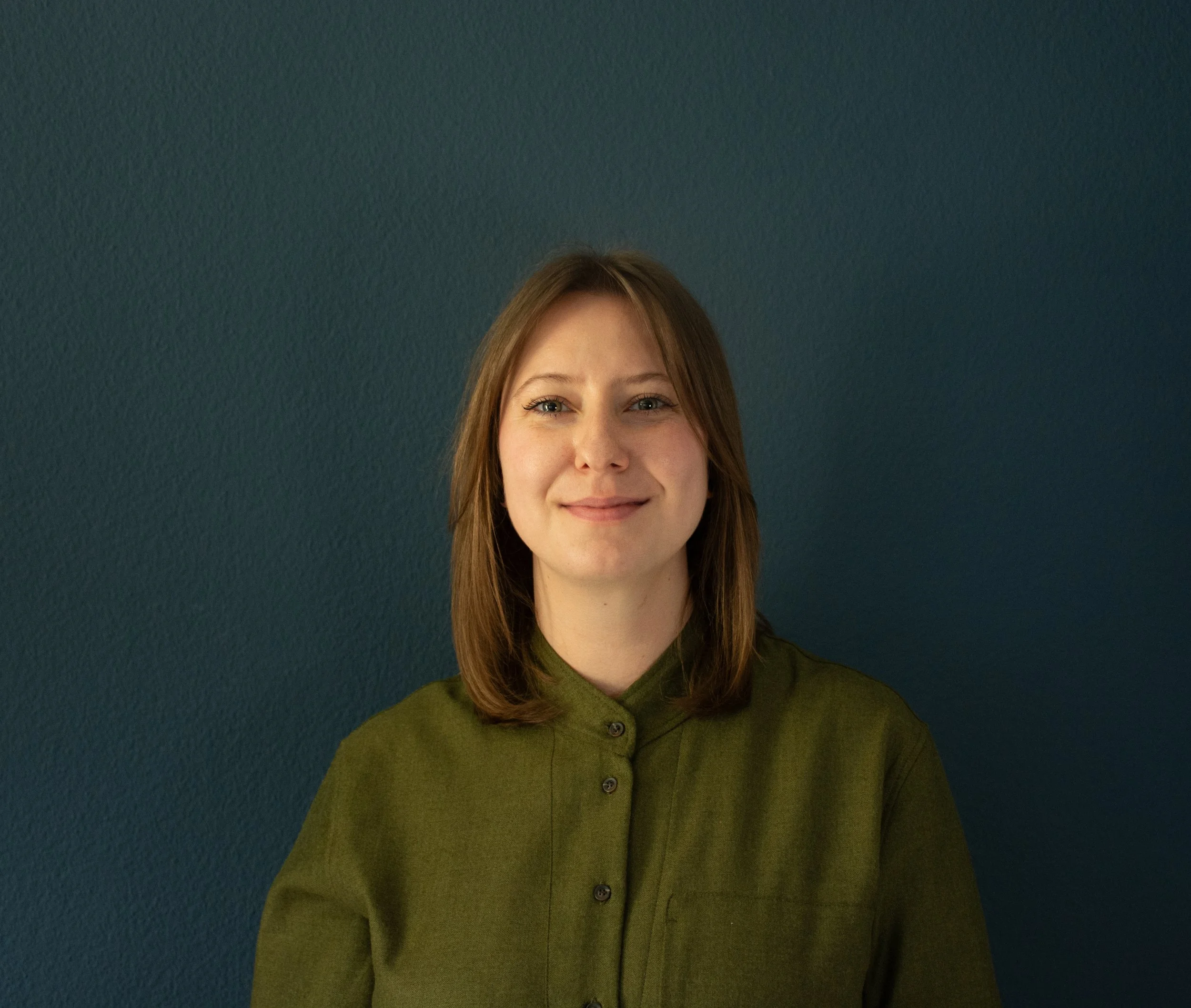CONNECT
Communication, Openness, and Navigation of social interactions are at the heart of this group. We nurture Neurodiversity through Empathy, Collaboration, and Teamwork—helping children build real-world connections with confidence.
For neurodivergent children ready to expand their social skills
This small-group program is designed for neurodivergent children—such as those with autism, ADHD, or related profiles—who already have a basic understanding of emotions and social concepts. The group offers a chance to deepen and apply these skills in a supportive, peer-based setting.
The group focuses on advanced social-emotional development, including:
Recognizing and responding to subtle social cues
Practicing flexible play and collaborative problem-solving
Understanding different perspectives and managing misunderstandings
Navigating teasing, social mistakes, and small conflicts
Exploring friendship dynamics and setting personal boundaries
Through structured games, role-plays, group discussions, and shared projects, participants strengthen peer interaction skills in a safe, neurodiversity-affirming environment.
The group typically meets once or twice per month, providing consistency without being overwhelming. Children are grouped thoughtfully to ensure similar skill levels and social goals.
Parents are kept informed with regular updates, personalized feedback, and practical strategies to support learning at home.




